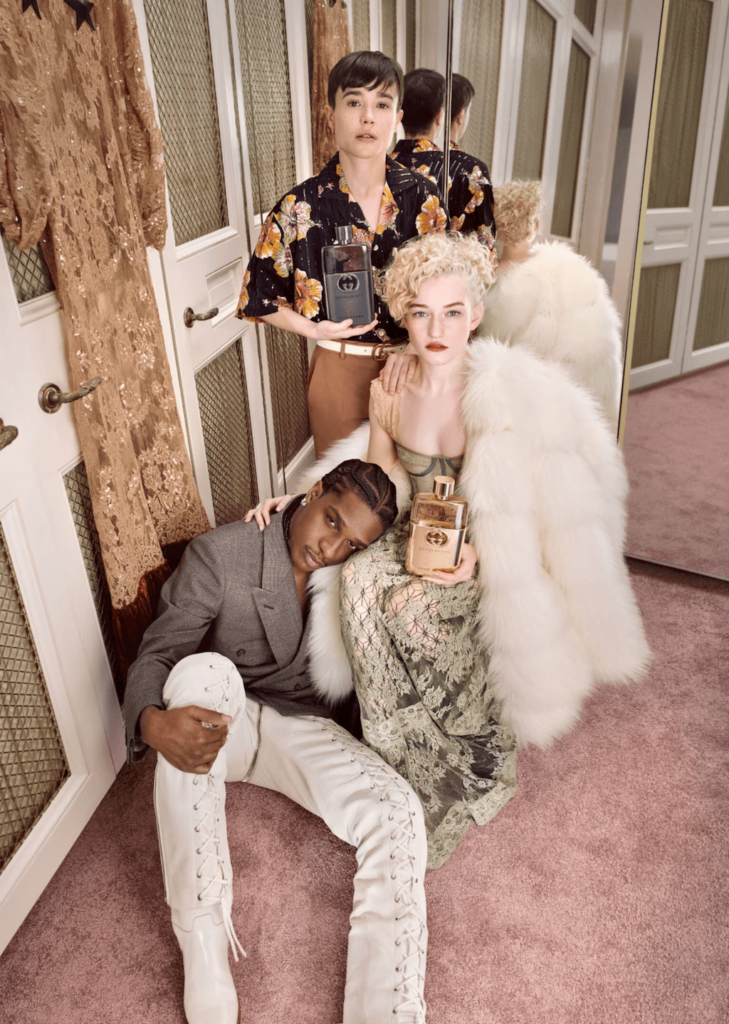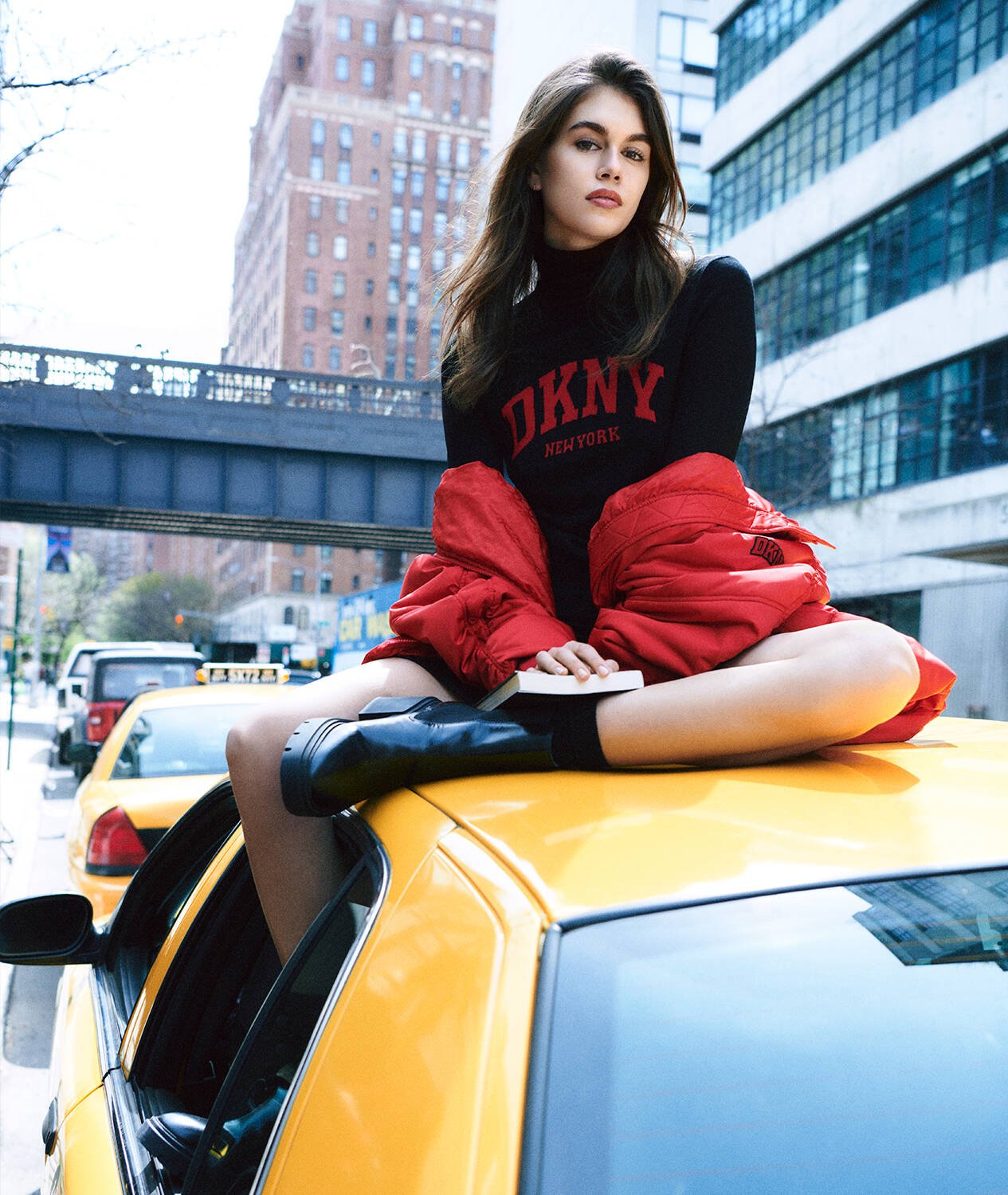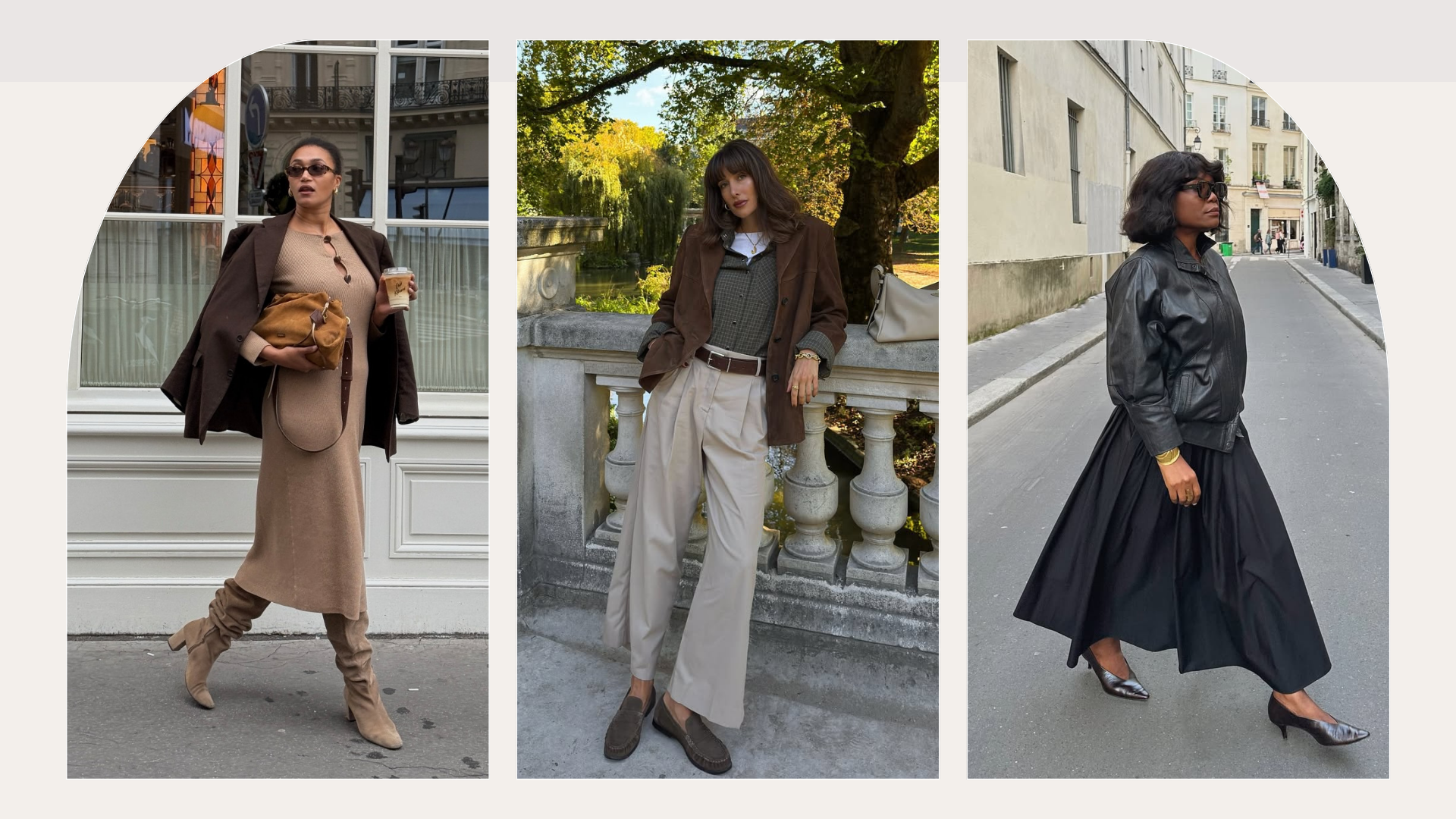As political headwinds challenge green policies and Gen Z demands greater accountability, the global fashion industry faces a crossroads — caught between data that proves progress and a growing divide over how to sustain it.
In fresh data released by market-research firm Kantar and the Dutch-Italian luxury label Aurélien, 69 percent of Gen Z luxury buyers report that environmental consciousness guides their purchase decisions, and a substantial 66 percent say they are aware of greenwashing and expect brands to back up claims with transparency and traceability. The findings signal a marked shift in what defines desirability in high-end goods: purpose now shares space with prestige.
For luxury houses once defined by exclusivity, the American market is experiencing a redefinition. Young consumers are no longer content with a “Made in Italy” badge alone; they want proof of ethical sourcing, responsible production, and design with longevity. “The luxury of the future isn’t about more, but about better,” Aurélien’s Roza Francken said in a statement. “Today’s consumer values integrity over image. They want to know who made it, how long it will last, and what it stands for.”
The broader industry outlook spells urgency. The same report reveals that 46 percent of consumers believe environmental responsibility lies with brands, yet only 28 percent believe brands are taking real action. At the same time, global commentary notes that the generation born between 1998 and 2012 is on track to account for roughly 25 percent of global luxury spending by 2030, up from only 4 percent before the pandemic.
The new face of luxury
In the U.S., the notion of luxury is transforming. Whereas luxury once trumpeted heritage and scarcity, younger consumers are forcing brands to incorporate accountability and lived values. The report underscores that while craftsmanship remains important, “timelessness, to them, must include traceability.” To meet the moment, several brands are already adapting.
For example, luxury houses like Gucci, Prada, and Burberry have launched initiatives tied to circularity, recycled materials, and product traceability. Stella McCartney, a longtime leader in ethical fashion, “continues to push innovation with vegan materials, bio-based textiles, and circular design practices that influence the wider luxury sector,” the report says. Aurélien itself emphasises durable, sustainably sourced materials and slow-fashion logic over hype cycles.
Kantar’s findings suggest luxury brands’ performance in this terrain remains uneven: the Sustainability Sector Index places luxury in the bottom quartile of 42 sectors for positive consumer sustainability perceptions. That gap highlights opportunity for the brands willing to reframe their offerings around transparency and long-term value rather than only status and exclusivity.
Within the last year, further evidence has emerged that Gen Z’s values are shifting the landscape. A survey by Dotdash Meredith found that U.S. Gen Z luxury consumers increasingly associate luxury with how something makes them feel — rather than merely how much it costs — and that luxury purchases are being framed as self-expression. Similarly, Reuters reported that newer luxury consumers blend legacy brands with trend-driven and sustainable labels, and that brands like Coach and Ralph Lauren are gaining ground among younger shoppers by leveraging influencers, personalization and eco-conscious messaging.
“Luxury is experiencing a cultural reset,” says Francken. “For Gen Z, sustainability is a marker of intelligence, identity, and discernment. This generation grew up with climate anxiety and social transparency; they can spot greenwashing instantly. They want fewer, better things: timeless pieces with lasting value and traceable origins. This aligns perfectly with the original spirit of luxury: craftsmanship, durability, and pride in creation.”
For U.S. luxury brands, the implication is clear, Francken says. “Those clinging to outdated notions of prestige or overproduction will fade. Sustainability isn’t a side story anymore. It is the story. It defines modern desirability and will determine the next era of luxury consumption.”
Venice forum spotlights a policy roadmap to progress
The report comes as experts at this year’s Venice Sustainable Fashion Forum warned that fashion’s sustainability progress is faltering amid political backlash and global instability. “The issue at hand concerns the models we want to champion for the future, the vision of the world we want to embrace,” said Vittorio Emanuele Parsi of Milan’s Università Cattolica del Sacro Cuore. The European House Ambrosetti reported that while EU fashion has reduced emissions by 37 percent since 1990, another 18 percent must be cut by 2030 at a cost of at least €4.4 billion. “The cost of waiting is higher than the cost of taking action,” said Carlo Cici, head of sustainability at the consultancy.
Cici noted that global sustainability efforts are increasingly fragmented. The Trump administration has rolled back roughly $650 billion in clean-energy incentives, while China has made clean technology ten percent of its economy but trails in social standards. Europe faces what he called a “Green Lash,” with critics viewing the Green Deal as an economic burden. Enrico Giovannini of the Italian Alliance for Sustainable Development countered that “the Green Deal was never an environmental strategy — it was an economic one.”

Industry leaders argued that sustainability remains a competitive advantage. “Some say sustainability is just a trend,” Giovannini said, “but today the pendulum has swung to the opposite side.” Euratex president Mario Jorge Machado warned that “we cannot have a clean Europe within a dirty world,” calling for fairer global rules. Italy is advancing a bill that would tax ultra-fast fashion imports under the EU’s extended producer responsibility framework, aimed at curbing waste and holding companies like Shein and Temu accountable.
Following labor-abuse scandals involving subcontractors for major luxury brands, Italy’s Senate also moved forward on a certification system to ensure traceability across supply chains. “We are certifying a legal supply chain through a repository that maps the entire network,” said Confindustria Moda president Luca Sburlati. The event closed with the launch of the European Accelerator, a collaboration among brands like Prada, Kering, and Zegna to decarbonize production. “Fashion cannot be only about looking good, but doing good and feeling good about it,” said Ecoalf founder Javier Goyeneche.
Related on Ethos:


